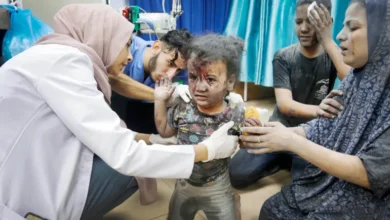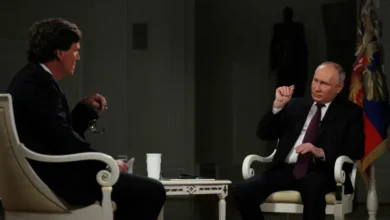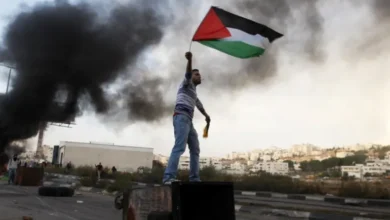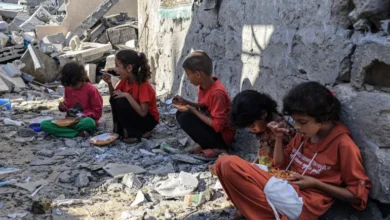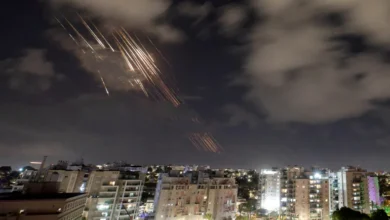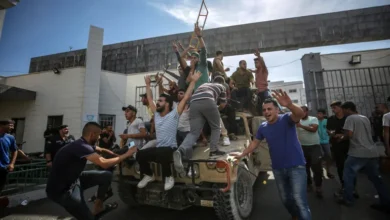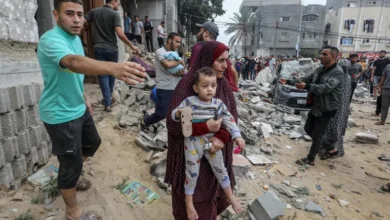India is weaponising FATF recommendations against civil society
Aakar Patel
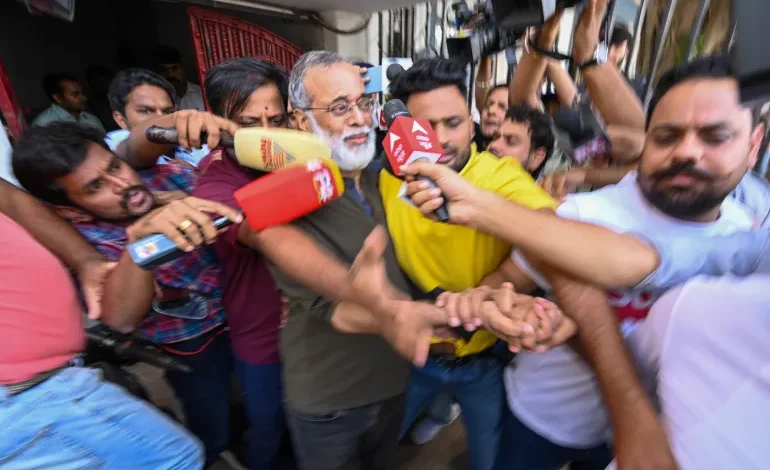
Aakar Patel
The October 3 raids on the news website “NewsClick” and the arrest of its founder, Prabir Purkayastha and human resources head, Amit Chakravarty, are the latest attempts by the Indian government to decimate independent and critical media in the country.
The use of draconian anti-terror laws against the media organisation and its journalists is an alarming reminder of the Indian government’s determination to crack down on free press and systematically stifle dissenting voices.
Under the guise of combatting terrorism and money laundering, the Indian government has tightened its arsenal of financial and counterterrorism laws, and routinely misused them to attack and silence critics.
It targeted many media outlets and non-profits, including Amnesty International, which I represent, with these laws under the guise of fulfilling India’s membership commitments to the Financial Action Task Force (FATF), an intergovernmental body mandated to curb global money laundering and terrorism financing.
While tackling illicit financial flows is important, India must not be allowed to use international compliance as an excuse to weaponise legislation and stifle Indian civil society and press freedom.
The FATF works with its 39 member states to tackle money laundering and terrorism financing. The watchdog expects its member countries to ensure that their domestic laws, regulations and operational policies are aligned with its inclusive list of 40 recommendations to combat money laundering and nine special recommendations against terror financing.
India became an observer state to the FATF in 2006 and a full-fledged member in 2010. India’s Department of Economic Affairs has cited FATF membership as being “very important for India” in its struggle to become a “major player” in international finance and to build the country’s capacity to fight terrorism.
As part of its compliance with FATF recommendations, India passed laws and legislative amendments, including the Prevention of Money Laundering Act (PMLA) and the Foreign Contribution (Regulation) Act (FCRA). In 2012, the Unlawful Activities (Prevention) Act (UAPA) was amended, expanding its scope, which was a condition for India becoming the 34th member of the FATF.
The UAPA – India’s main counterterrorism law – is now being used against NewsClick as well as several of its journalists. Many others have been victimised by UAPA’s misuse in the past, including Muslim student activist Umar Khalid, Kashmiri human rights activist Khurram Parvez, journalist Irfan Mehraj, journalist Fahad Shah and 16 activists and journalists associated with the Bhima Koregaon case who were accused of having “incited” a group of Dalit people at a large public rally in December 2017.NewsClick was also raided in 2021 by the Enforcement Directorate (ED), the primary agency to investigate crimes under the PMLA and the Foreign Exchange Management Act (FEMA).
The PMLA aims to combat money laundering activities and allows the ED to confiscate property, freeze bank accounts and arrest individuals based solely on its own subjective suspicions. The PMLA does not make judicial authorisation a prerequisite for such actions, providing the ED with broad, discretionary powers that are incompatible with international human rights law.
The PMLA has also been used to target non-profit organisations, including Amnesty International. In September 2020, we were forced to halt operations in India, following a pattern of harassment every time we spoke up for the rights of the most marginalised in the country. Our bank accounts were frozen and we were denied access to our funds without having any conviction in court or the authorities proving any wrongdoing on our part.
FCRA is another piece of legislation that has been used as a tool to quash dissent. Non-governmental organisations in India require a “foreign contribution licence” to access foreign funds as established by the Foreign Contribution (Regulation) Act (FCRA). The introduction of this bill in 2006 coincided with India becoming an observer state of the FATF. Later in 2010, to improve India’s “non-compliant” status, amendments were made to the act which gave wide-ranging powers to the Ministry of Home Affairs to suspend and cancel an NGO’s registration.
Since then, and especially in the last 10 years, more than 20,600 NGOs have had their licences cancelled with nearly 6,000 of these cancellations occurring since the beginning of 2022, according to government data. The vague reasonings and arbitrary nature of these cancellations have led to thousands of job cuts and massively shrunk the sector, resulting in a great loss to a wide number of public interest goals in India, from public health to poverty alleviation, to human rights advocacy.
While the UAPA was enacted before India became a member of FATF and amended later to comply with FATF’s recommendations, the origins of PMLA and 2010 FCRA squarely rest with India’s ambition to be in concert with FATF.
However, Indian authorities still failed to comply with FATF standards, particularly with its Recommendation 8, which requires that laws and regulations target only those non-profit organisations that a country has identified – through a careful, targeted “risk-based” analysis – as vulnerable to terrorism financing abuse.
The FATF recognised the unintended consequences of its recommendations on the non-profit sector, and tried to minimise them by issuing an interpretative note on its Recommendation 8, calling for more specific and targeted measures, including a suggestion to reach out to NGOs themselves for “risk assessment”. Indian authorities have repeatedly failed to follow these guidelines.The PMLA, in contrast to the FATF’s guidelines, does not incorporate any internal safeguards to ensure only NGOs identified as being “at risk” of money laundering offences would be targeted, leading to a disproportionate impact on organisations that carry little or no risk.
Similarly, Special Recommendation 8 expressly acknowledges that governments must not unduly restrict NGOs’ ability to access resources, including financial resources, to carry out their legitimate activities. Yet the FCRA has been wielded as a stick against the civil society in India.
FATF also states that “as a matter of principle, complying with the FATF Recommendations should not contravene a country’s obligations under the Charter of the United Nations and international human rights law” specifically with regard to “freedom of expression, religion, or belief, and freedom of peaceful assembly and association”.
The UN Special Rapporteurs have repeatedly called out the contentious and overly broad provisions of UAPA and FCRA and repeatedly urged the Indian government to repeal or significantly amend these laws. Various member states to the UN have also recommended the repeal of these laws during India’s multiple Universal Periodic Reviews which the country has boldly accepted but has not taken any meaningful steps to act on them.
The Indian authorities have ignored all such calls and have continued to apply these laws in a discriminatory manner.
